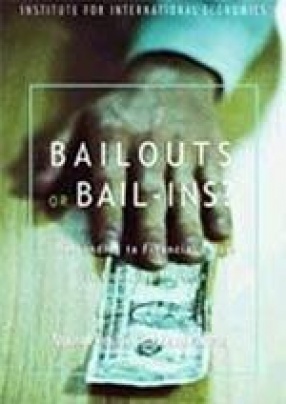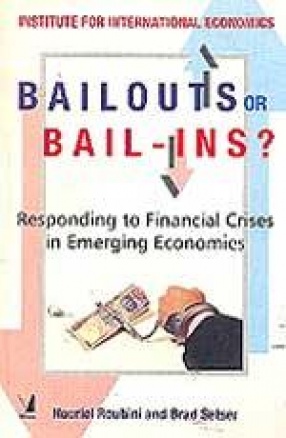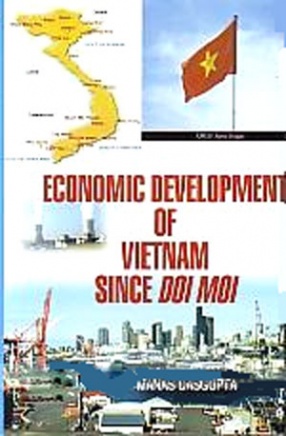Roughly once a year, the managing director of the International Monetary Fund (IMF), the U.S. Treasury secretary, and, in some cases, the finance ministers of other G7 countries get a call from the finance minister of a large emerging-market economy. The emerging-market finance minister indicates that the country is rapidly running out of foreign reserves, that it has lost access to international capital markets, and perhaps that it has lost the confidence of its own citizens. Without a rescue loan, it will be forced to devalue its currency and default either on its government debt or on loans to the country’s banks that the government has guaranteed. How should IMF and G7 policymakers respond to financial crises? There are no simple answers. Countries experience currency crises, banking crises, corporate crises, and sovereign debt crises in various combinations. They can run out of cash despite having modest debts, or can run out of cash in large measure because they already have too much debt. In Bailouts or Bail-Ins, New York University’s Nouriel Roubini and former Council International Affairs Fellow Brad Setser argue that the tools needed to respond to a wide range of crises already exist, and the core challenge facing the G7 and the IMF is to do a better job of matching existing tools to different types of crises. There is no need to dramatically expand the IMF right now, nor to create a sovereign bankruptcy regime. But there is a need to develop a rigorous, hard-headed approach to managing crises.
Bailouts or Bail-Ins? Responding to Financial Crises in Emerging Economies
By far the best book written ...
$32.40
$36.00






There are no reviews yet.